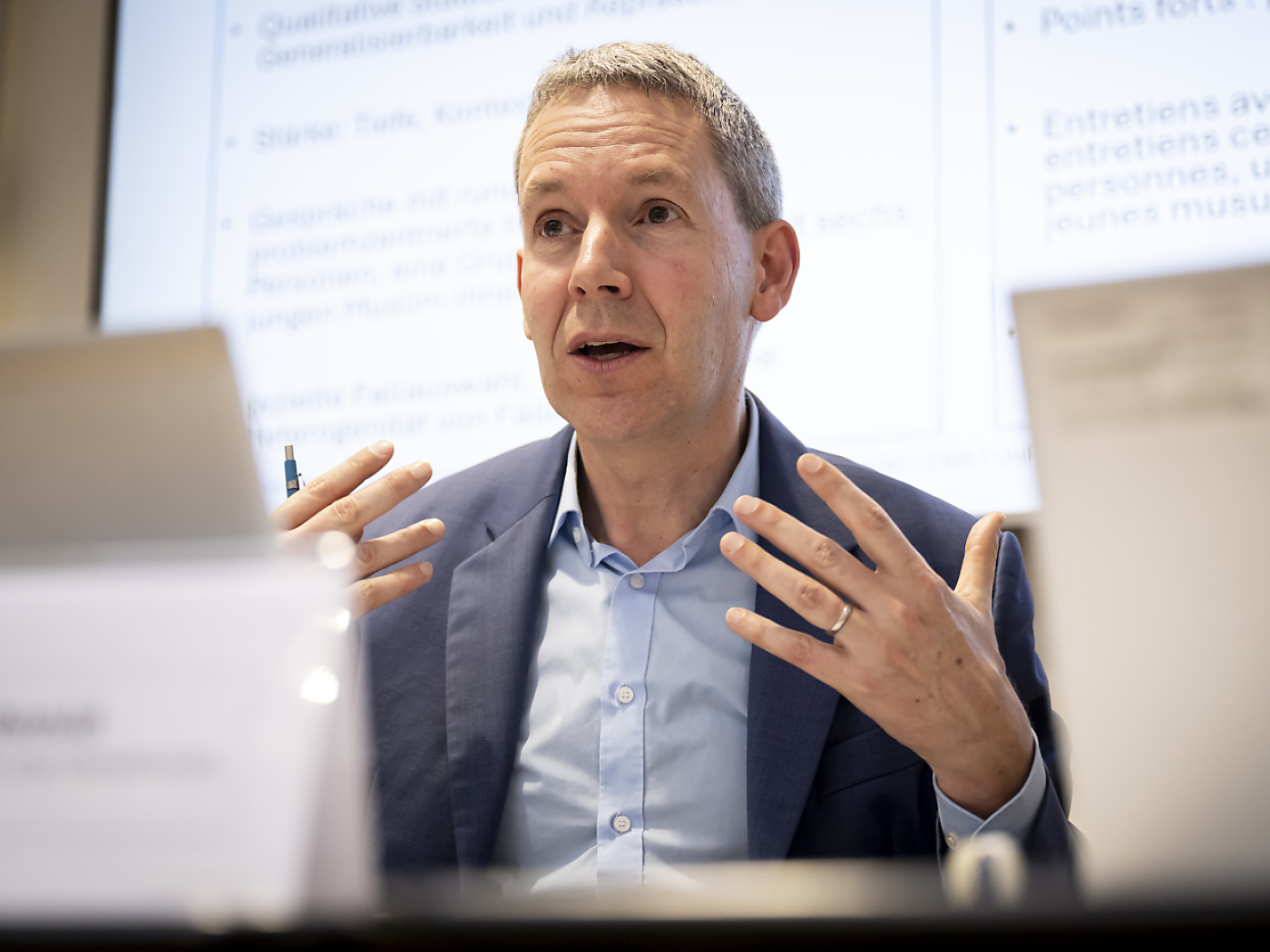
Anti-Muslim sentiment is everywhere, according to Swiss study

Anti-Muslim sentiment is prevalent in all areas of life in Switzerland. This is the conclusion of the first qualitative baseline study published on Thursday by the Swiss Center for Islam and Society.
“It’s not just an individual problem, there is a structural problem. Anti-Muslim sentiment is deeply rooted in our society,” said co-author Hansjörg Schmid from the Swiss Center for Islam and Society. This type of xenophobia is evident in a wide variety of institutions, including education, work, police and media.
The authors assume a large number of unreported cases. Out of 2,471 Muslims who perceived discrimination, only one person reported it, according to the study.
“Many of those affected lack the confidence to seek help from institutions because they are afraid that their concerns will not be taken seriously,” said Marianne Helfer, head of the Federal Commission against Racism that commissioned this study.
The authors of the study also propose tackling this problem by strengthening advisory services and monitoring in order to counteract underreporting. A better understanding should also be created in society.
In 2019, more than 35% of Muslims stated that they had been victims of racial discrimination. More than two-thirds of the Swiss population have strong reservations about people of Muslim faith, the authors wrote.
The Swiss Center for Islam and Society study is based on interviews with experts from specialist agencies, authorities, Muslim organisations and academia. In addition, qualitative interviews were conducted with eleven people affected by anti-Muslim behaviour.
Adapted from German by DeepL/ac
This news story has been written and carefully fact-checked by an external editorial team. At SWI swissinfo.ch we select the most relevant news for an international audience and use automatic translation tools such as DeepL to translate it into English. Providing you with automatically translated news gives us the time to write more in-depth articles.
If you want to know more about how we work, have a look here, if you want to learn more about how we use technology, click here, and if you have feedback on this news story please write to english@swissinfo.ch.

In compliance with the JTI standards
More: SWI swissinfo.ch certified by the Journalism Trust Initiative




























You can find an overview of ongoing debates with our journalists here . Please join us!
If you want to start a conversation about a topic raised in this article or want to report factual errors, email us at english@swissinfo.ch.